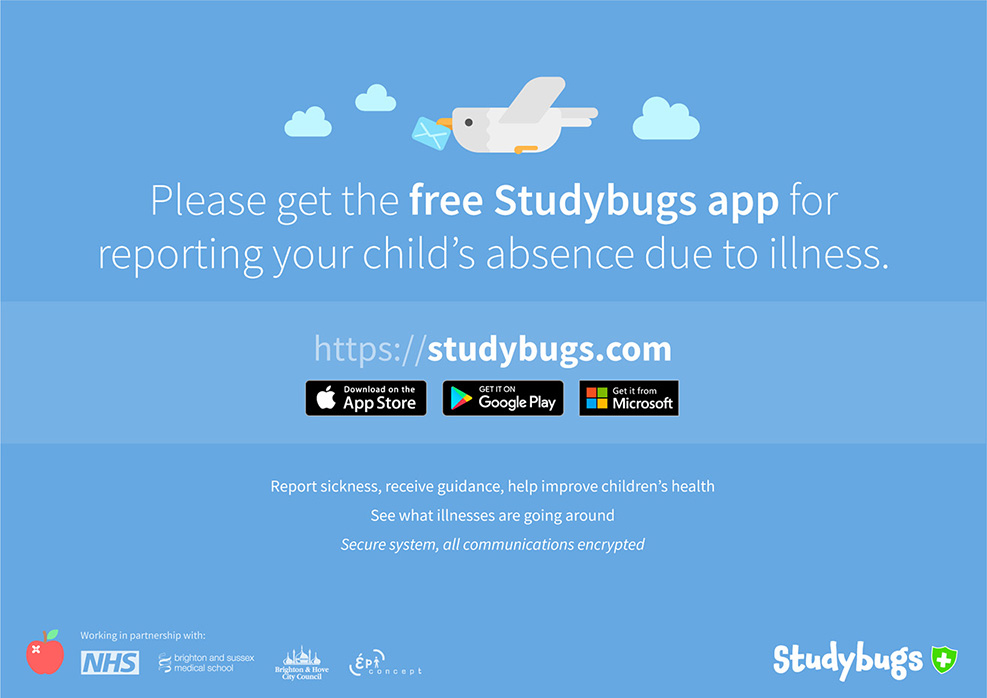“Getting it right for every child.”
Hello my name is Michelle
I have been appointed as the counsellor for the Metamorphosis Pilot Project. I am a person-centred counsellor, working within a holistic approach. I am a registered member of the British Association for Counselling and Psychotherapy MBACP. I work with my clients on the “here and now.”
I work as a creative, play therapy counsellor using art, games, sand and other resources. I also facilitate talking therapy. I adopt a trauma informed approach, helping the client to talk about their experiences.
The counselling room will offer a non-judgmental, safe space for every pupil.
I have worked within education sector for about 23 years. I have experience in working with children with additional needs and have supported them re- integrate into the classroom.
I have supported children understand their triggers and experiences and have helped them find a solution that works for them. By providing a safe space the child can explore their emotions and behaviours and seek clarity on how to regulate them. They also gain an understanding of how their behaviour impacts on them and on others.
I offer counselling sessions for both the child as well as the family.
I am looking forward to meeting you soon.
Thank you
Michelle Meddle
The Importance of Safe Space in Counselling
At the Metamorphosis Pilot Project, we create safe counselling spaces because:
A safe therapeutic space is a confidential and respectful environment where clients feel comfortable sharing their thoughts, feelings, and experiences. Creating a safe space is vital for effective treatment. It promotes honesty, fosters trust, and facilitates therapeutic progress.
Promoting Honesty
- When clients feel safe, they are more likely to be honest and open about their feelings and experiences, which is crucial for effective therapy.
Fostering Trust
- A safe therapeutic space fosters trust between the therapist and client, enabling the client to share deeply personal and often difficult experiences.
Facilitating Therapeutic Progress
- In a safe environment, clients are more likely to engage in the therapeutic process, take risks, and make significant strides in their healing journey.
It also:
- supports a therapeutic relationship between child/client and counsellor.
- enables them to better navigate their emotions and thoughts, allowing them to discover themselves, explore their feelings and find meaning or attribute new meanings to their experiences.
- It facilitates an understanding of needs and strengths.
